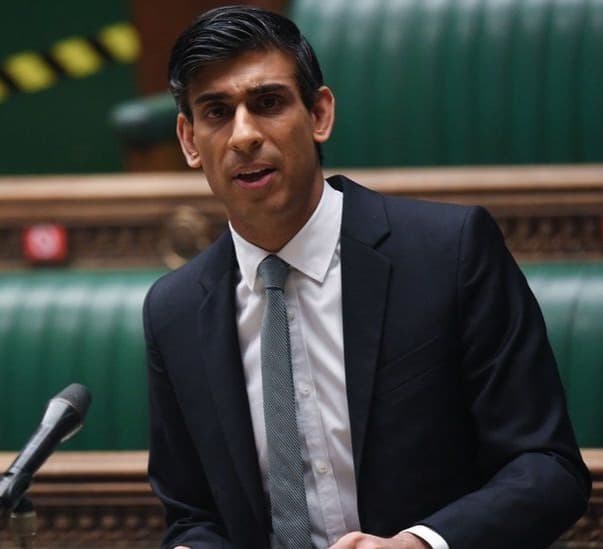Budget 2021: UK’s tax burden to ‘reach highest levels since 1960s’

Author
Front News Georgia
The UK's tax burden is to rise to its highest level since the 1960s, the Office for Budget Responsibility has said, after the chancellor set out plans to repair the nation's finances.
Rishi Sunak used Wednesday's Budget to extend the furlough scheme and higher universal credit payments.
But taxes on large company profits will rise in 2023 and 1.3 million more people will start paying income tax.
Mr Sunak said some of his decisions may not be "popular" but were "honest".
Further analysis of the Budget will be published on Thursday.
The headline rate of corporation tax will go up from 19% to 25% from 2023, although smaller firms will be exempt, while income tax thresholds will be frozen.
The freeze on income tax thresholds is expected to bring 1.3 million more people into paying income tax and a million more into paying at the higher rate.
The Office for Budget Responsibility (OBR), the government's fiscal watchdog, said the measures, along with cuts of around £4bn from departmental spending plans, would raise a total of £31.8bn in 2025-26.
The watchdog said the tax burden would rise from 34% of gross domestic product – a measure of the size of the economy – to 35% in 2025-26, "its highest level since [Labour's] Roy Jenkins was chancellor in the late 1960s".
Mr Sunak told MPs the total package of measures to support the economy – including those previously announced – amounted to £407bn, but warned the unprecedented spending could not continue.
Defending the increase in the tax burden at a Downing Street briefing, he said: "I don't think any other chancellors have had to do as much fiscal support for the country as I've had to."
The Institute for Fiscal Studies think tank said the UK's tax burden was set to rise to its "highest sustained level" ever.
The point at which people begin paying income tax will increase by £70 to £12,570 in April, but will be maintained at that level until April 2026, meaning more people will become eligible to pay tax as wages increase.
The 40p rate threshold will increase by £270 to £50,270 and then be frozen, with the measures expected to raise almost £8.2bn in 2025-26.
Elsewhere in the Budget, the chancellor extended the furlough scheme to September, paying up to 80% of people's wages – and announced further grants for self-employed people, with the scheme widened to include 600,000 who were not previously entitled, including many newly self-employed people.
He also extended the £20-a-week top-up to universal credit for six months.
Tags:





